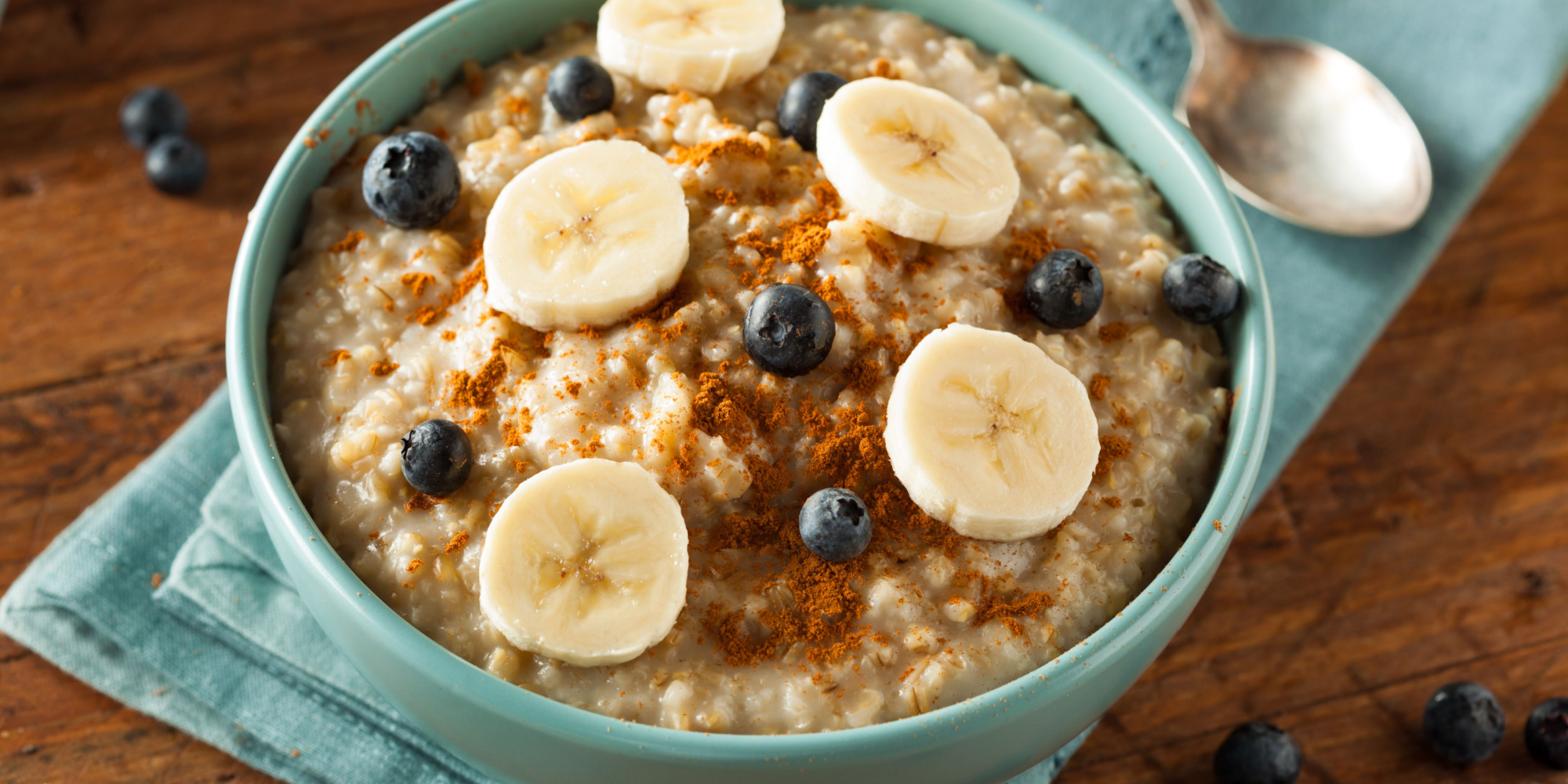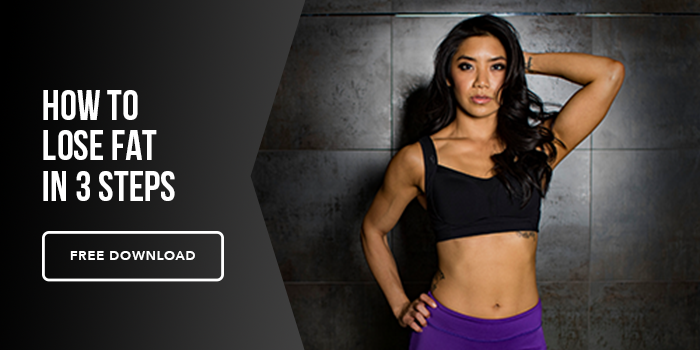Carbs get a bad rep sometimes, which is truly a shame. As one of the three macronutrients (fat and protein being the other two), carbohydrates represent the primary energy source our bodies need to function. You can learn a lot more about its role in nutrition by reading this article.
But somehow, many people seem to think that a low-carb diet is the answer to their weight-loss blunders. The idea that a low-carb diet, or reducing carbs, to achieve weight loss dates back to as early as the 1800s, and has since influenced major diets like the Atkins and Keto diet.
But is cutting back on carbs really necessary?
There is a lot to explore, so let’s dive in.
First, Carbs Are Not the Enemy
If you want to lose weight, or having trouble losing weight, individually cutting out a macronutrient is not the answer, especially if you want long-term results. Technically, you can survive by eliminating carbs and using fat as the primary energy source; this puts your body in a state of ketosis. Some people are very successful at maintaining this lifestyle, but for many, it is extremely difficult based on some of its limitations, which can be found here.
Not only do we get glucose from carbohydrates, which is what fuels our energy systems, but high fiber carbohydrate sources play an important part in maintaining gut health by increasing healthy gut bacteria. Additionally, because it takes a while to digest high fiber foods, you tend to feel fuller, longer, meaning you’re less likely to overeat. There are also mental benefits that come with carbohydrate consumption; an inadequate amount of carbs can increase cortisol levels (therefore increasing stress), while reducing levels of serotonin, a neurotransmitter that regulates our mood.
Initially, You May Need to Cut Back on Carbs
BUT, you may need to cut back on protein and fat as well. If you want to lose weight, there needs to be a calorie deficit. You could be eating the healthiest foods in the world, but if your calorie intake is higher than your energy expenditure, you won’t lose weight. There are special circumstances where an increase in calories are necessary for weight loss, but those are for situations when the person has been severely calorie restricting (around 1,200 or less a day).
For example, if you’ve been eating, on average, 2,500 calories a day, and you want to get down to 2,000 calories a day to lose weight, the most sustainable way is to slightly decrease consumption of each macronutrient, meaning carbs, protein, and fat will likely drop a reasonable percentage. There is an argument to maintain a higher protein amount to reduce the risk of losing muscle, but that’t for another article!
To sustain normal body systems while losing weight, it is never a good idea to drastically decrease, or focus on, one macronutrient, including carbs. Cutting calories is hard enough, but to heavily reduce your main source of energy will make it feel nearly impossible.
How Would You Rate the Quality of Carbs You’re Consuming?
The nutritional value of the type of carbs you are eating matter as well. If you typically consume carbs made of simple sugars, you are going to drastically increase blood glucose levels, where you will then see an immediate drop in overall energy; this is known as the sugar crash. However, if a majority of your carbohydrate intake comes from whole grains, fruits, and vegetables, you’ll likely sustain a steady amount of energy throughout the day without the crash.
Also, you’ll likely experience fewer cravings for carbs and sugar. Essentially, it’s a vicious cycle: the more refined sugars you eat (chips, white bread, candy, desserts, etc.) the more you’ll want to eat them. These sources of carbohydrates bring very little nutritional value. So if you find yourself eating a lot of carbs from unhealthy sources, then it may be time to cut back on the carbs, or make significant changes in the type of carbs you eat, if you want to see fat loss.
In the end, it all comes down to behavior and cognitive determinants that promote calorie reduction, and in increase in energy expenditure. Effectively balancing these two factors is what will help you become successful in your weight loss efforts, not just simply cutting carbohydrates.






